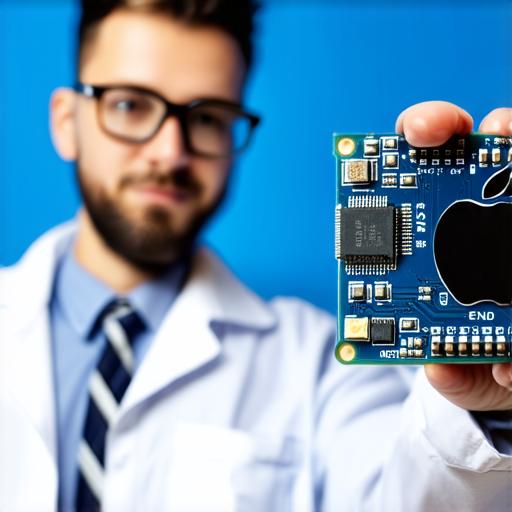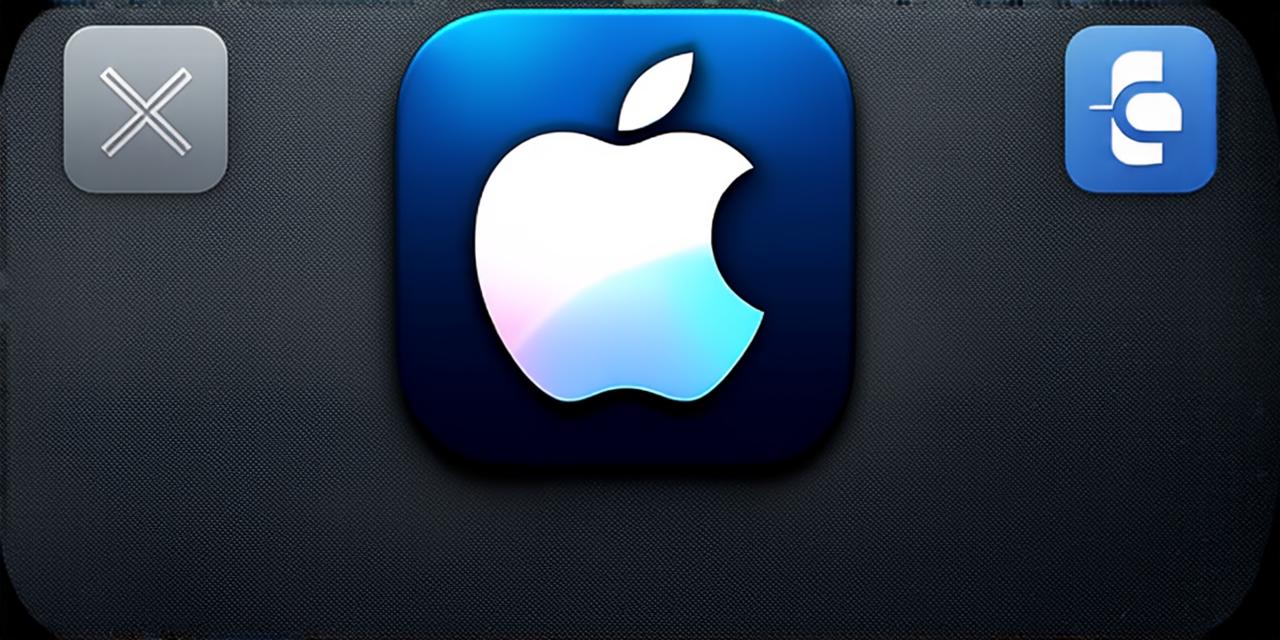As an iOS developer, you’re well-versed in the intricacies of Apple’s mobile operating system. But what exactly does the acronym “IOS” stand for? While it may seem like a straightforward question, many people are still unsure about its meaning. In this article, we will explore the origins and meaning of IOS, as well as its significance in the world of technology.
The Evolution of IOS
IOS, which stands for “iPhone Operating System,” was first introduced by Apple in 2007 along with the launch of the original iPhone. It was designed to be a mobile operating system that could run on all iPhone models and provide users with a seamless and intuitive user experience. Since then, IOS has evolved significantly, becoming a key component of Apple’s ecosystem of devices and software.
Today, IOS is used by millions of people worldwide, powering everything from the latest iPhones to the iPad Pro. It continues to be updated regularly, with new versions introducing features and improvements that enhance the user experience even further.
The Key Features of IOS
One of the most important aspects of IOS is its user-friendly interface. The operating system has a simple and intuitive design that allows users to quickly navigate through their devices and access the features they need. Some of the key features of IOS include:
- Touch-based navigation: IOS relies heavily on touch-based navigation, allowing users to swipe, tap, and pinch to interact with their devices. This makes it easy to use even for people who are new to mobile technology.
- App Store: The App Store is a digital marketplace where users can download and purchase apps for their iOS devices. It offers a vast selection of apps, from productivity tools to games and entertainment.
- Notifications: IOS allows users to receive notifications from apps, so they never miss important updates or messages. This feature helps keep users connected and informed throughout the day.
- Siri: Siri is Apple’s virtual assistant that uses natural language processing to understand and respond to user requests. It can perform tasks such as setting reminders, sending messages, and even answering questions.
- Security features: IOS includes several security features to protect users’ devices and data, including Touch ID and Face ID for biometric authentication, encryption for data at rest and in transit, and automatic software updates to patch any security vulnerabilities.
IOS vs Android: A Comparison
While IOS is the most popular mobile operating system, it is not the only one out there. Android, which is developed by Google, is also a popular choice among smartphone users. There are several key differences between IOS and Android, including their design, user interface, and app store.
One of the main differences between the two operating systems is their design. IOS has a more consistent look and feel across devices, with a focus on simplicity and ease of use. Android, on the other hand, allows for greater customization, with users able to personalize their devices with different themes, widgets, and home screen layouts.
Another key difference is the app store. The App Store is Apple’s exclusive app store, while Google Play Store is the official app store for Android devices. This means that there may be differences in the availability of apps between the two platforms. However, both stores offer a wide variety of apps to choose from.
Finally, the security features of IOS and Android also differ. While both operating systems include security features such as encryption and biometric authentication, some users may prefer IOS for its reputation for being more secure than Android.
FAQs: Frequently Asked Questions

Q: What does IOS stand for?
A: iPhone Operating System
Q: When was IOS first introduced?
A: IOS was first introduced by Apple in 2007 along with the launch of the original iPhone.
Q: How many devices run on IOS?
A: IOS is used by millions of people worldwide, powering everything from the latest iPhones to the iPad Pro.
Q: What are some key features of IOS?
A: Some key features of IOS include a user-friendly interface, touch-based navigation, App Store, notifications, Siri, and security features such as Touch ID and Face ID.
Q: How does IOS compare to Android?
A: While IOS is the most popular mobile operating system, it is not the only one out there. Android, which is developed by Google, is also a popular choice among smartphone users. There are several key differences between IOS and Android, including their design, user interface, and app store.
Q: Is IOS more secure than Android?
A: While both operating systems include security features such as encryption and biometric authentication, some users may prefer IOS for its reputation for being more secure than Android.
Conclusion
In conclusion, IOS is a powerful and feature-rich mobile operating system that has evolved significantly since its introduction in 2007. Its user-friendly interface, touch-based navigation, App Store, notifications, Siri, and security features make it an attractive choice for millions of people worldwide. While there are differences between IOS and other mobile operating systems such as Android, IOS continues to be a popular and trusted choice among iOS developers.
